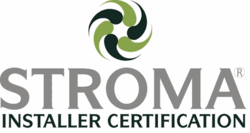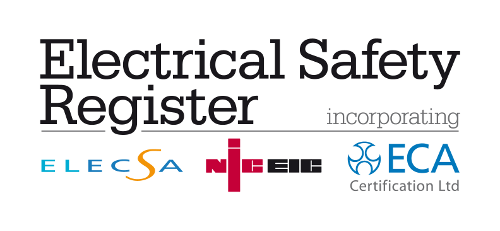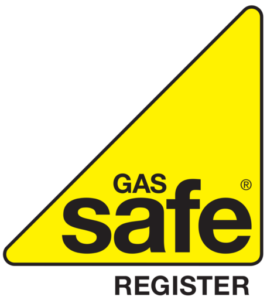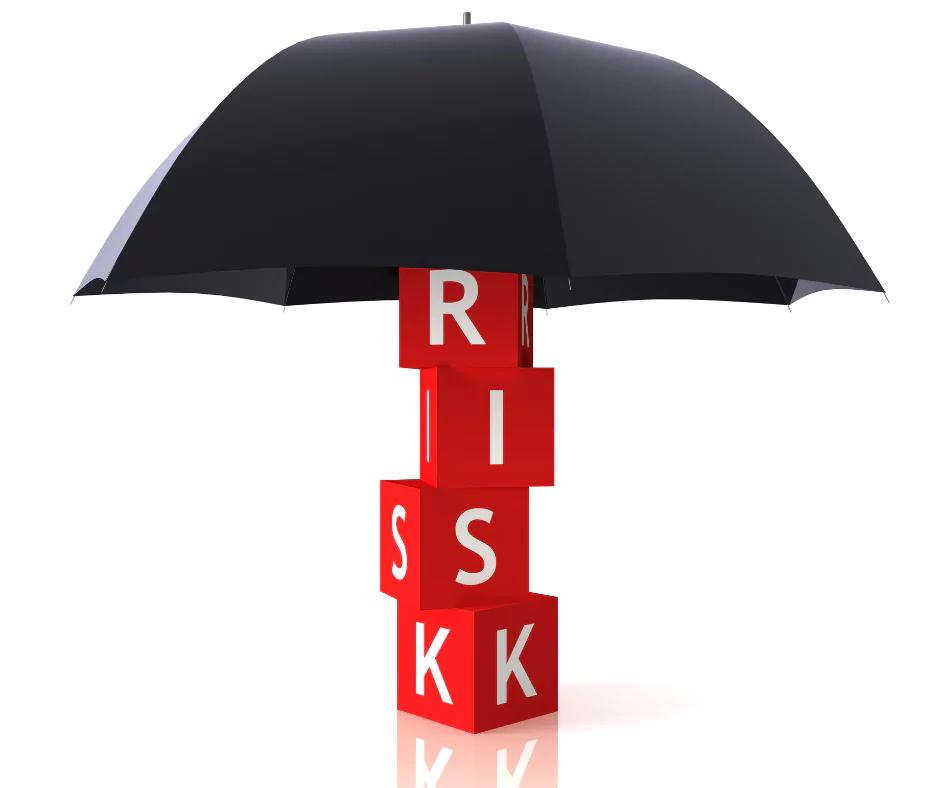PAT Testing: Ensuring Electrical Safety in Your Property
Portable Appliance Testing (PAT) is a crucial process for ensuring the safety of electrical appliances. It involves a series of inspections and tests to identify potential hazards, helping to prevent electrical accidents and ensure compliance with safety regulations. Whether you’re a landlord, employer, or homeowner, understanding PAT testing is essential for maintaining a safe environment.
PAT testing is the examination of electrical appliances and equipment to ensure they are safe to use. This typically involves both a visual inspection and electrical tests, carried out by a competent person. The process is designed to identify potential risks, such as faulty wiring or damaged components, that could lead to electric shock, fires, or other hazards.
PAT testing is important for several reasons. Firstly, it helps to prevent electrical accidents, protecting people from harm. Secondly, regular testing ensures compliance with health and safety regulations, avoiding potential legal issues. Some insurance companies may also require PAT testing to ensure coverage in case of electrical incidents. Identifying and addressing minor issues early through PAT testing can extend the lifespan of electrical appliances, and regular testing can prevent unexpected equipment failures, minimizing disruptions.
A PAT test typically includes a visual inspection, checking for obvious signs of damage, such as frayed cables, cracked casings, and damaged plugs. It also involves electrical tests, using specialized equipment to test the appliance’s earth continuity, insulation resistance, and lead polarity.
While PAT testing isn’t always a strict legal requirement, various regulations emphasize the importance of maintaining electrical safety. The Electricity at Work Regulations 1989, for example, require that electrical equipment is maintained to prevent danger. Regular PAT testing is a widely recognized way to comply with these regulations.
PAT testing should be carried out by a “competent person.” This means someone with the necessary knowledge, training, and experience to safely inspect and test electrical appliances.
The frequency of PAT testing depends on the type of equipment and the environment in which it’s used. High-risk environments, such as construction sites, may require more frequent testing than low-risk environments like offices.
Any portable electrical appliance that plugs into a mains socket may require PAT testing. This includes computers and monitors, printers and photocopiers, kettles and other kitchen appliances, power tools, and extension leads.
To obtain a professional PAT testing service for your property, you can contact qualified electricians through services like EICR Report Services, which also covers PAT testing.

Fire Risk Assessment

Gas Safety Certificate
Gas Safety Certificate – Domestic – Meter & Upto 2 appliances
£57.99 Book NowGas Safety Certificate – Domestic – Meter & Upto 4 appliances
£77.99 Book NowCarbon Monoxide Alarm
£80 Book NowGas Safety Certificate – Domestic – “Discounted Offer” Boiler Service + Gas Certificate & 2 appliances
£89.99 Book NowGas Safety Certificate – Commercial – 1 appliance
£199 Book NowGas Safety Certificate – Commercial – 2 appliances
£245 Book NowGas Safety Certificate – Commercial – Boiler Service
£280 Book Now

Electric Safety
Studio Appartments Electrical Safety Certificate (EICR)
£65 Book NowPAT Testing Up To 10 Items
£58 Book NowDomestic Electrical Safety Certificate EICR 1 – 3 Bedroom – 1 Consumer Unit Up to 12 Circuits
£99 Book NowDomestic Electrical Safety Certificate EICR 4 Bedrooms – 1 Consumer Unit Up to 12 Circuits
£120 Book NowCommercial Electrical Certificate (EICR) – 1 Consumer Unit Up to 12 Circuits
£149 Book NowDomestic Electrical Safety Certificate EICR 5 Bedrooms – 1 Consumer Unit Up to 12 Circuits
£150 Book NowDomestic Electrical Safety Certificate EICR 6 Bedrooms – 1 Consumer Unit Up to 12 Circuits
£158.33 Book NowFuse Box Installation
£415.83 Book Now

Energy Performance

Inventory Services

Asbestos Surveys

Electric-Gas Appliances & Hob Installations

Talk To Us!
Get in touch if you're uncertain or need assistance ?
020 8609 7777
Talk to a Friendly Advisor
Accreditations







Help & Advice
-
Which Companies Provide Landlord Safety Certificates with Free Follow-Up Inspections?
Follow-up inspections verify that identified safety deficiencies have been properly remediated, ensuring rental properties meet all safety standards before certification. Understanding which providers offer complimentary follow-up visits, what these inspections
-
Which Service Offers Emergency Landlord Safety Certificate Renewals?
Emergency situations requiring urgent landlord safety certificate renewals arise more frequently than many property owners anticipate, from discovered expired certificates to urgent tenant move-ins and unexpected local authority inspections. Understanding
-
Where Can I Find a Landlord Electrical Safety Certificate Provider?
Electrical safety certificates represent essential legal requirements for rental properties in England, with regulations mandating comprehensive testing and certification every five years or at each change of tenancy. Finding qualified
-
Who Provides Landlord Gas Safety Certificates with Online Booking?
Modern technology transforms how landlords arrange essential compliance services, with online booking systems offering unprecedented convenience for obtaining gas safety certificates. Understanding which providers offer digital booking platforms, the advantages
-
Which Companies Offer Fast Landlord Safety Certification Services?
Time-sensitive situations frequently require landlords to obtain safety certificates quickly, whether for urgent tenant move-ins, compliance deadline pressures, or unexpected certificate expiries. Understanding which companies provide fast landlord safety certification
-
 Which Companies Provide Landlord Safety Certificates with Free Follow-Up Inspections?
Which Companies Provide Landlord Safety Certificates with Free Follow-Up Inspections?
-
 Which Service Offers Emergency Landlord Safety Certificate Renewals?
Which Service Offers Emergency Landlord Safety Certificate Renewals?
-
 Where Can I Find a Landlord Electrical Safety Certificate Provider?
Where Can I Find a Landlord Electrical Safety Certificate Provider?
-
 Who Provides Landlord Gas Safety Certificates with Online Booking?
Who Provides Landlord Gas Safety Certificates with Online Booking?
-
 Which Companies Offer Fast Landlord Safety Certification Services?
Which Companies Offer Fast Landlord Safety Certification Services?




